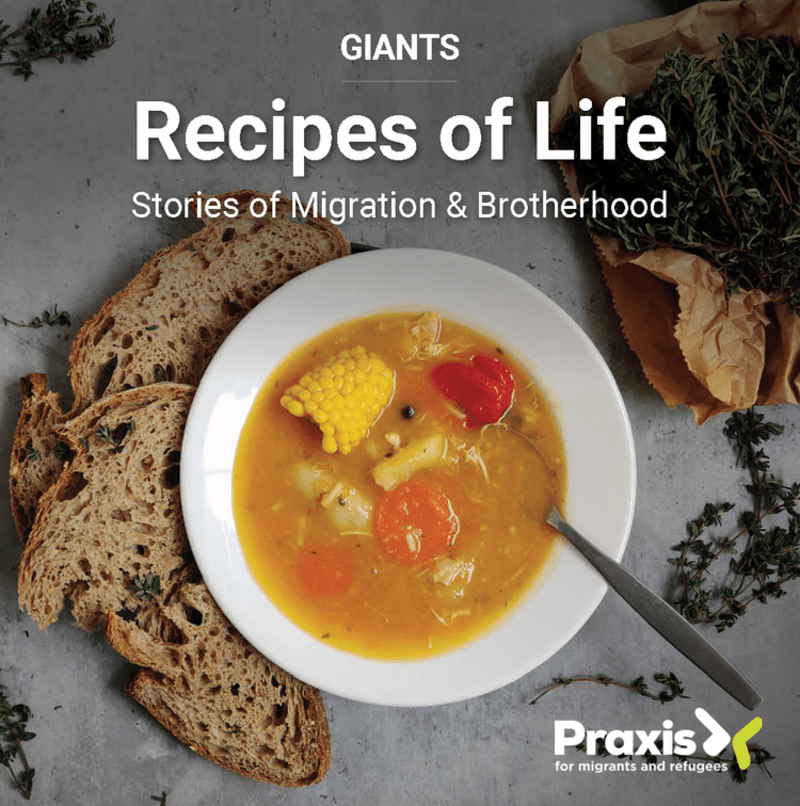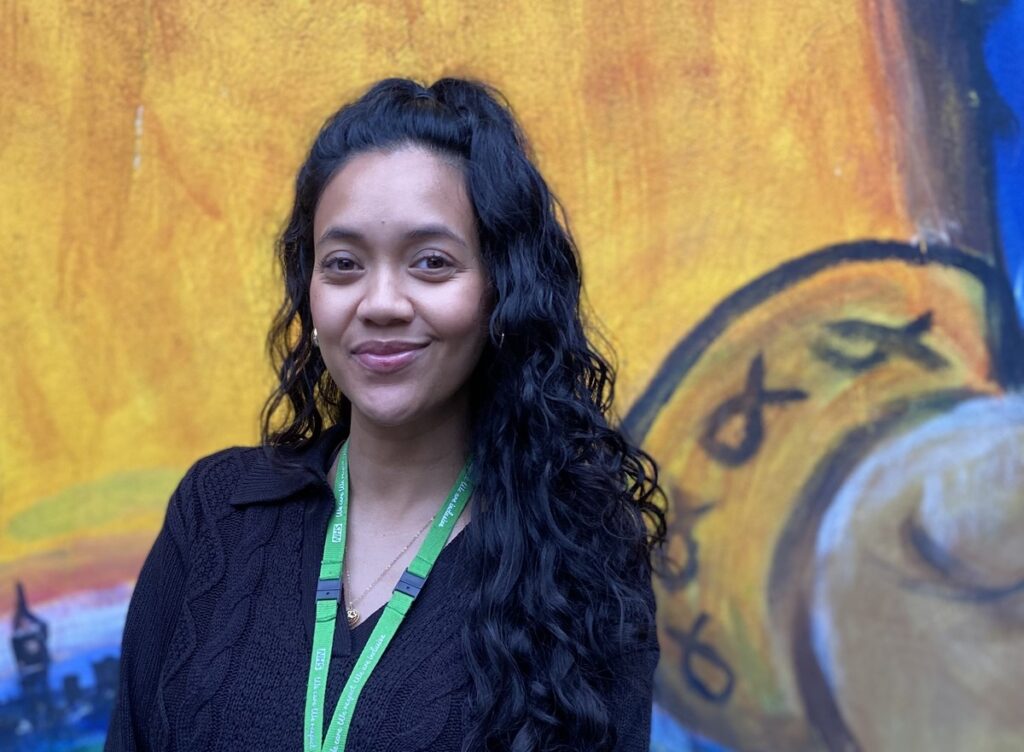Recipes of Life


Migrants are supported to tell stories through cooking as part of a new ‘Recipes of Life’ cookbook. Clinical Psychologist Dr Jennifer Nicholas from the Tower Hamlets Community Psychology Team serves up more details.
What is Recipes for Life?
The Recipes for Life is a therapeutic concept developed by Australian therapist and chef, Natalie Rudland-Wood (2012). The approach uses food and recipes, to thicken the ‘thin’ or forgotten stories of people’s lives in ways that make people stronger. Through talking about favourite meals and the people and places associated with them, members are invited to reflect, honour and celebrate the skills, knowledge and strengths that have enabled them to resist and survive during times of hardship.
Who is involved?
At the Tower Hamlets Community Psychology Team, all of our ‘Recipes of Life’ groups involve a collaborative partnership with community organisations. Our team includes clinical psychologists and peer support workers, and our community partners are often local third sector, voluntary and charity organisations – made up of community leaders, group co-ordinators, and local Tower Hamlets residents.
Who is the programme supporting?
The particular programme highlighted here is the ‘Recipes of Life’ Project ran with Praxis, a human rights charity fighting for migrants and refugees to live with safety, dignity and respect. We worked specifically with GIANTS, a peer-led group for men who have come together to advocate for better mental health support. We also use the approach with other community partners including the Bangladeshi Mental Health Forum (BMHF) and Women’s Inclusive Team (WIT).
How does the programme work?
We begin by building relationships with community partners and organisations, talking through the ‘Recipes of Life’ approach and seeing if it is a good fit for them. Each week is spent focussing on one or two people in the group who will cook and share a meal. They are asked questions about the histories of the food they have chosen, where they learnt these skills, who are the important people in their lives and what hopes and dreams they have for their future. The recipes and stories are documented and collated into a recipe book, which is shared with the group and beyond.
How will it help the Tower Hamlets community?
Through our many projects using the ‘Recipes of Life’ approach, we have witnessed how food is a universal language that allows us to understand other people’s cultural heritages, and how therapeutic it can be to give the gift of food and receive the gift of love and appreciation through sharing a meal together. The men at GIANTS had created a community where each person could be seen as an individual, while never losing sight of the brotherhood.
Why is the programme important to you?
The Tower Hamlets Community Psychology Team hope projects like these can help highlight the importance of challenging the pathologising and homogenising narratives about service users (i.e., "men do not engage in psychology" and “communities are hard to reach”). This is through working in responsive and collaborative ways that centre the rich heritages and cultures of the local communities through developing preferred stories that reflect their values and goals, and promote social justice and equality.
